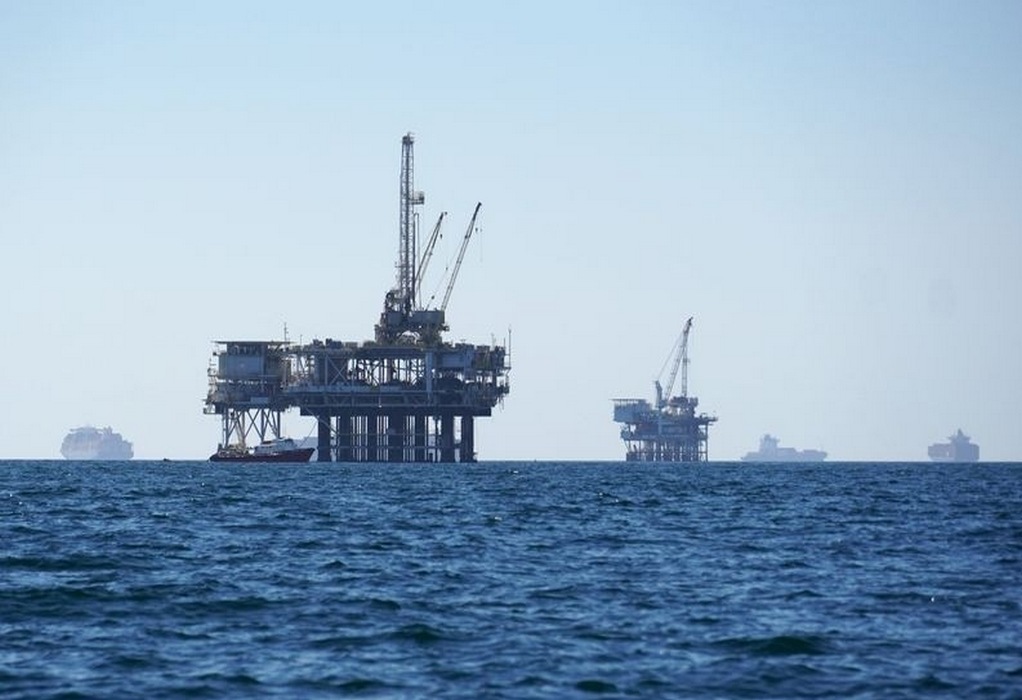The annual UN climate change conference set to begin in Dubai on 30 November — an international report has found that governments globally have allowed themselves a fossil fuel production limit in 2030 that is 110 percent more than what the cap should be to keep global warming to the 1.5 degrees above pre-industrial limit agreed upon in the Paris Agreement.
Climate change beyond the 1.5-degree benchmark is feared to have severe consequences for humans and ecosystems.
The Production Gap Report 2023, released Wednesday, points out that this comes despite 151 governments globally pledging to eventually achieve net-zero carbon emissions.
The report quotes United Nations Environment Programme (UNEP) executive director Inger Andersen as saying, “Governments’ plans to expand fossil fuel production are undermining the energy transition needed to achieve net-zero emissions, throwing humanity’s future into question. Powering economies with clean and efficient energy is the only way to end energy poverty and bring down emissions at the same time.”
Hitting out at the planned excess emissions by countries, UN Secretary General António Guterres in a statement on the report’s release, called the findings an “indictment of climate carelessness”.
Drawn up annually by organisations like the UNEP and the Stockholm Environment Institute (SEI), this year’s Production Gap Report — the fourth such to be released so far — is titled “Phasing down or phasing up? Top fossil fuel producers plan even more extraction despite climate promises”.
It aims to track the “misalignment” between the planned fossil fuel production by countries and emissions required to restrict global warming levels to the targeted 1.5 degrees above pre-industrial limits.
The report makes apparent that while countries have agreed to global climate commitments signed in the Paris Convention of Parties (COP) 2015, there have as yet been no commitments to stop or reduce the production of greenhouse-gas-emitting fossil fuels like coal and oil.
The report profiles 20 major fossil fuel-producing countries, including India. Seventeen of these 20 countries have committed to achieving net-zero carbon emissions on or by 2070. According to the report, the profiles show that most of these governments “continue to provide significant policy and financial support for fossil-fuel production”.
It also reviews fossil fuel production plans made by individual countries, and compares them with the model for fossil fuel production needed to keep global warming to 1.5 degrees above pre-industrial levels.
The model was prepared for the Intergovernmental Panel on Climate Change (IPCC)’s Sixth Assessment Report last year.
According to the report, India, which is the world’s second-highest producer of coal, accounts for 7.6 percent of global coal production. Coal and oil production contribute two percent of India’s gross domestic product (GDP).
The 2021 COP26 in Glasgow was the first time UN climate talks mentioned “fossil fuels”, and especially coal, and called for a need to move away from them, says the report. However, even then that the language used in the document was weakened, since it called for “phase-down” of coal use rather than a complete “phase-out”.
Tags: COP28, Fossil Fuel, Paris Agreemnet, UN Climate



Recent Posts
Japan Launches Major R&D Project to Advance Shipbuilding with Alternative Fuels
EU Adopts Emissions Standards for Low Carbon Hydrogen to Bolster Clean Energy Market
Trafigura to Implement ZeroNorth’s AI Platform Across Global Fleet
Cochin Shipyard to Construct eCap Marine’s Hydrogen-Fuelled SeaShuttles for Samskip
India Strengthens Hydrogen Economy with Hyundai-IIT Madras Innovation Centre
India Showcases Green Maritime Ambitions at London Investment Meet
Hong Kong Launches Incentive Scheme to Promote Green Maritime Fuel Bunkering
MSC Hosts Sustainability Experience in Antwerp for Global Supply Chain Leaders